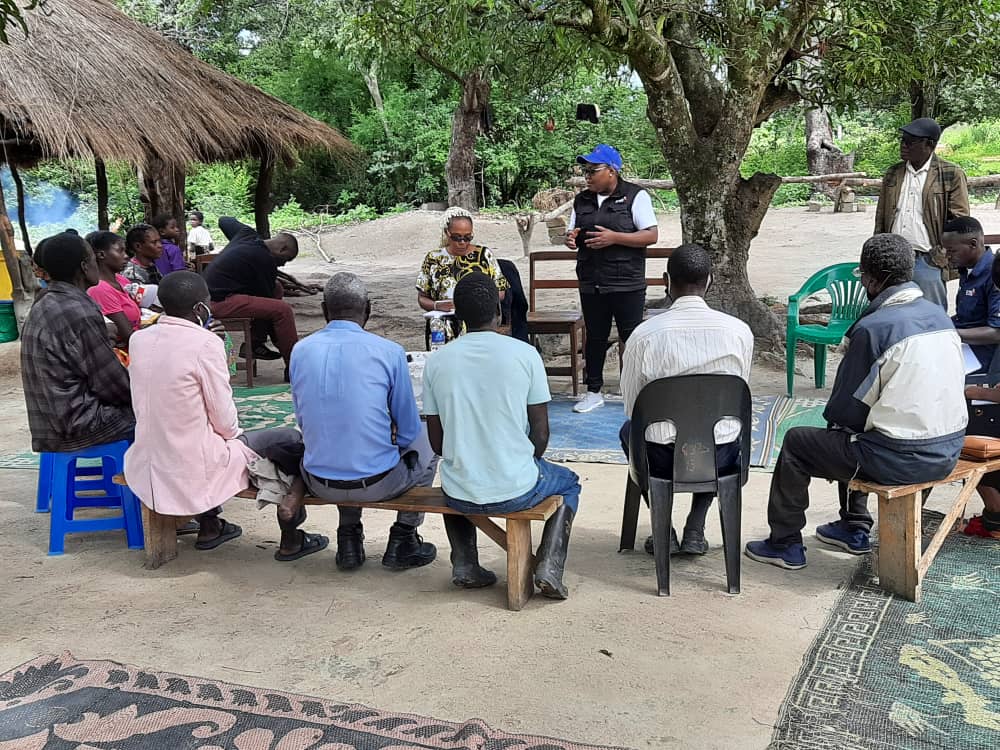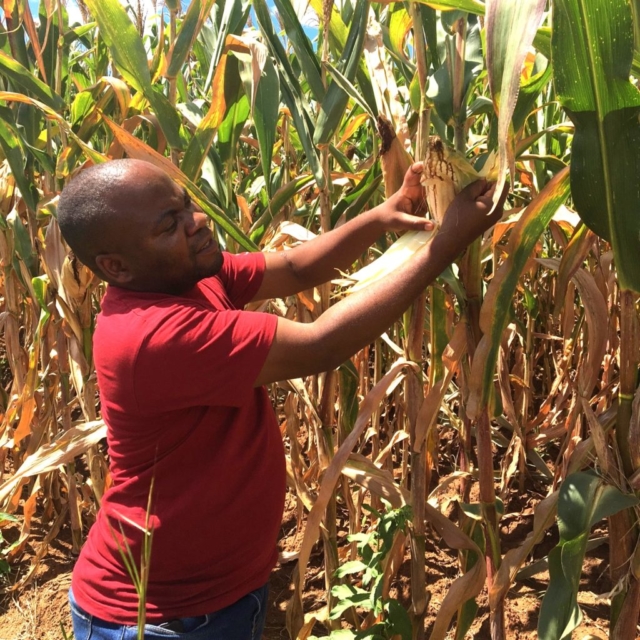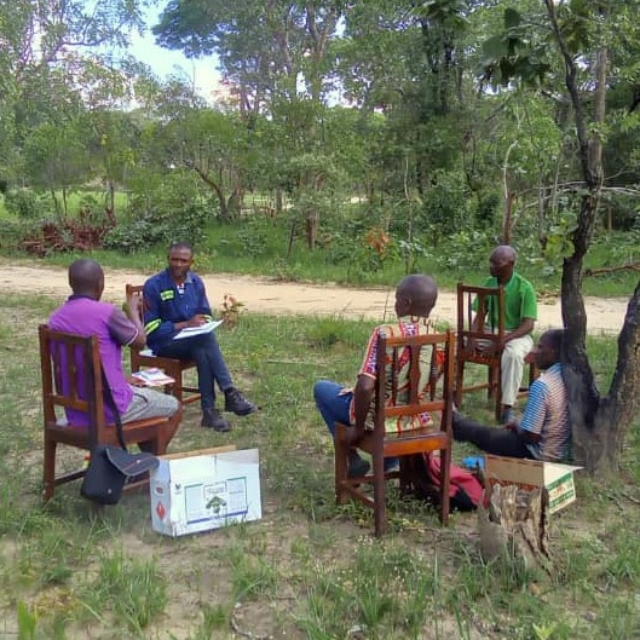
ETG-IFC Agribusiness Advisory Services Project
GOAL
To improve the last mile distribution of inputs, productivity and market linkage for 15,000 smallholder farmers in the maize, soybean and groundnut supply chains.
LOCATION
Zambia, Malawi, Mozambique and Tanzania
DURATION-
2021
-
2027
FARMERS
2,000 (direct) and 29,000 (indirect)
VALUE CHAINS
Maize, Soybean
PARTNERS
ETC Group (ETG), International Finance Corporation (IFC)
FUNDING
USD 2,000,000
Strengthening rural economies in East and Southern Africa
In June 2022, ETG and the International Finance Corporation (IFC) launched the IFC-ETG Agribusiness Advisory project, a six year intervention aimed at enhancing ETG’s maize and soybean supply chains across Malawi, Mozambique, Tanzania, and Zambia. This initiative aims to improve the last-mile distribution of essential agricultural inputs (fertilizers, fungicides, herbicides, insecticides and other inputs), increase smallholder farmer productivity, and expand market linkages to strengthen rural economies.
Following a series of assessments carried out in Malawi and Zambia during the pre-implementation phase, the project started activities in Zambia in July 2022, followed by Malawi in February 2023. Lessons learned from the implementation of project activities in the first two countries, informed the design of subsequent interventions in Mozambique and Tanzania, which started in October 2024.
ETG and IFC are working closely with Empowering Farmers Foundation to ensure seamless on-the-ground implementation. EFF plays a crucial role in coordinating field activities and acting as a liaison between the project stakeholders, ETG and IFC.
How is the project empowering smallholder farmers and agribusinesses?
The project builds the capacity of agricultural enterprises such as agro-dealers (ADs), Village-Based Agents (VBAs), and Farmer Organization (FO) leaders. Through targeted training and coaching, these entities gain the skills needed to manage profitable, efficient businesses.
Additionally, IFC has developed a specialized farmer training program, Farming as a Family Business (FAFB). Through this program, the key household decision-makers – women and their spouses – are equipped with essential skills to manage their agricultural activities effectively, ultimately increasing yields and improving incomes.
Key project activities, achievements, and impact
● Target group needs assessments: As part of the project's commitment to provide tailored support, EFF supported IFC in conducting comprehensive needs assessments among target groups in Zambia and Malawi. This analysis included training needs assessments (TNAs), gender and nutrition questionnaires, and focus group discussions to gain a deep understanding of the specific needs and challenges faced by the targeted enterprises. So far, 100 ADs, 100 VBAs and leaders of 30 FOs in Malawi and data, providing valuable insights to guide the project’s implementation.
● Strategic project planning: Based on the assessment findings, project implementation plans and tailored training programs were designed and approved for both Zambia and Malawi, laying a solid foundation for effective project execution.
● Farmer outreach: Through smallholder farmer training sessions, coaching, and events such as ETG’s farmer field days, the program has successfully reached 49,162 farmers in Zambia (59% female), far exceeding the target of 21,000. In Malawi, the program is reaching 8,000 farmers.
● Farming as a Family Business (FAFB) training: The FAFB program has trained at least 2,000 farmers (1,000 couples), equipping them with essential skills in farm and household needs assessment, goal setting, resource planning, crop budgeting, risk identification, profit calculation, cash management, sales revenue calculation, and financial record-keeping. Additionally, 820 smallholder farmers (61% women) in Malawi and 1,397 smallholder farmers (51% women) in Zambia have received this training, with plans for further scaling in the coming months.
● Expansion plans: To scale up the project's success and impact, an agreement was signed in October 2024 to expand the initiative to Tanzania and Mozambique, with implementation of ground activities set to begin in 2025.





